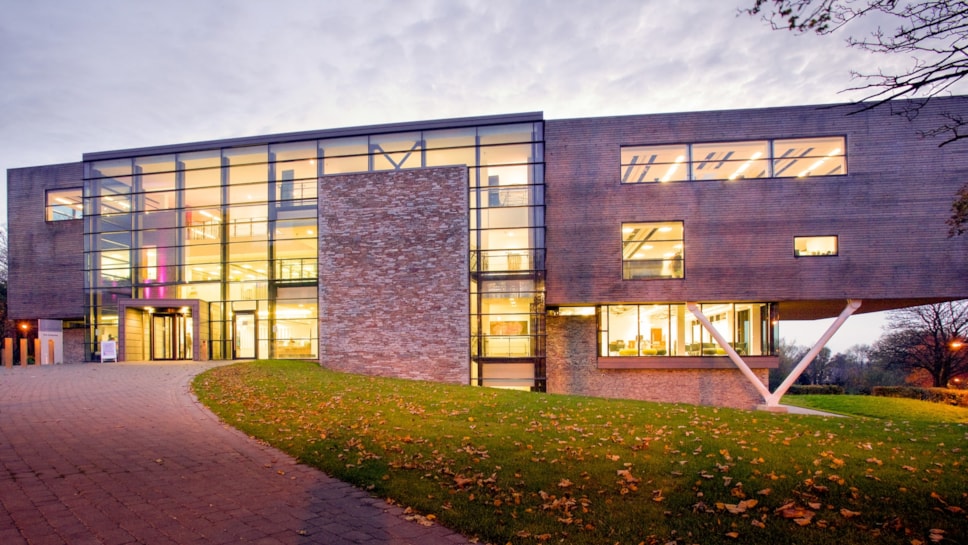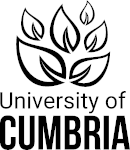
University of Cumbria ranked best in the UK for postgraduate research experience
The University of Cumbria has been ranked top in the UK for ‘overall postgraduate research student experience’, fourth for ‘research community’ and fifth for ‘research skills development'. This is testament to its growing reputation for excellence in postgraduate education.
The Postgraduate Research Experience Survey (PRES) by AdvanceHE benchmarks student satisfaction across key areas including supervision, resources, research community, progress and assessment, skills development and wellbeing. The university’s strong performance reflects a five-year programme of strategic investment in its research environment, including the introduction of new postgraduate degrees such as the Master of Research (MRes) and Doctor of Business Administration (DBA).
Professor Zulf Ali, Pro Vice Chancellor (Research and Knowledge Exchange) at the University of Cumbria, welcomes this news. He said:
“It is absolutely fantastic for the university to be recognised in this way. It reflects our commitment to support our postgraduate research students to succeed and also to increase the number of people with the high level research skills that are needed by our region and partners.”
Professor Tom Grimwood, Head of the university’s Graduate School added:
“I am proud of the unique culture of postgraduate research here at the university, which brings together such a wide range of students from across disciplines, countries and professional backgrounds. This is a testament to the work of the Graduate School staff, the academic supervisors and the postgraduate researchers themselves.”
Second year PhD student Peta Heron, currently working on a thesis entitled ‘Exploring medical culture: A Local Hospital Trust Ethnography’, is based in the university’s Institute of Health. She said:
“I’m delighted that the Graduate School has received recognition for the culture that we as students benefit from. There is a wonderfully supportive culture throughout the university for postgraduate researchers. Through supervision I’ve been stretched, challenged and grown, not just academically but personally too after over 30 years as a practitioner I didn’t expect how enriching the experience could be and that’s due to the opportunities the university has afforded me.”
WATCH: Revd Prof Stephen Wright discussing his PhD experience with the university after graduating in July 2025
The development of research and research degrees is a core part of the Towards 2030 strategy, and the PRES rankings coincides with a number of investments in new areas for growth such as engineering, computing and life sciences, as well as consolidating existing strengths such as health, environment, business and education.

